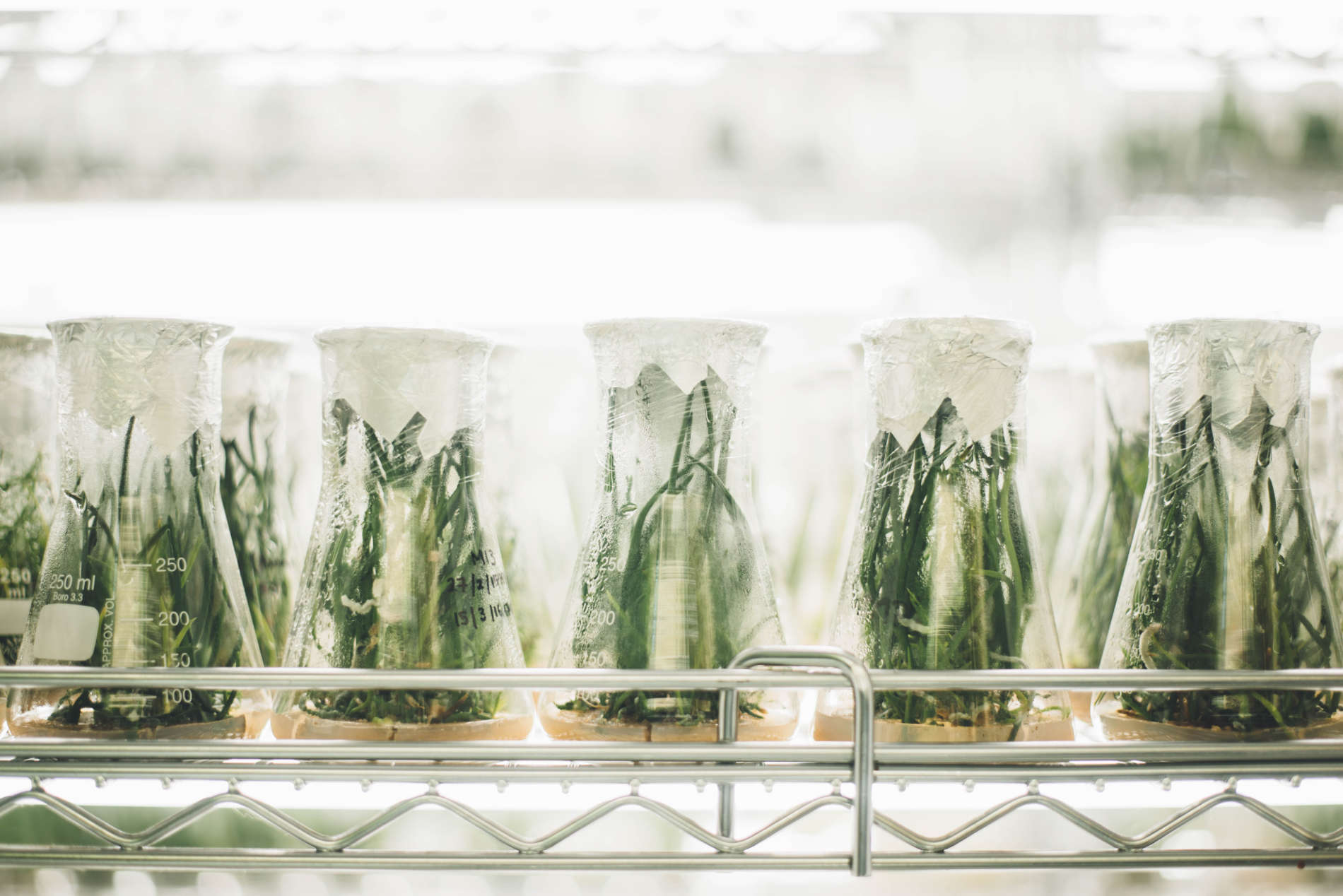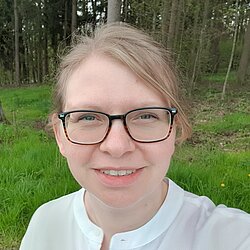Over 70 per cent of swamp land in Germany is now used for agriculture. The classic agricultural use of swamp land requires the swamp soil to be drained. However, lowering the water level has the effect of aerating large swathes of the peat body and hence its organic substance becomes mineralised due to aerobic microorganisms. This results in the release of enormous quantities of climate-relevant trace gas such as CO2 and N2O into the atmosphere. A reduction in these emissions is only possible through re-waterlogging the peat body. This measure does, however, exclude further conventional swamp management, since the traditional agricultural crops cannot tolerate high water levels and normal management is no longer possible.
Paludiculture affords the opportunity to continue using re-waterlogged swamp locations by cultivating typical swamp flora such as bulrush or reed. The project investigates whether the biomass generated in doing so can be used as a biogas substrate, or following processing, as a peat substitute. Underpinning this are hopes of a win-win nature: on the one hand, preventing the release of trace gases from peat decomposition through re-waterlogging combined with the replacement of fossil fuels (biogas) and peat (horticulture) itself.
In order to examine the suitability as a biogas substrate, the doctoral degree ascertain the specific biogas and methane yield per surface unit of different paludiculture types depending on the cutting time and from this calculate the optimal harvest date. It is also examined how various paludiculture mixing ratios have a long-term impact on the anaerobic fermentation. To ascertain the suitability of the harvested paludiculture biomass as a peat substitute, at first different preparation methods are carried out (mechanical comminution through chopping with and without subsequent fraying as well as composting the chopped or frayed plant material by supplying nitrogen). The suitability of the processed materials as a starting substance for horticultural crop substrates in horticultural tests under realistic cultivation conditions. The doctoral degree therefore unites two contrasting elements: the wish for a high anaerobic decomposability for biogas and the slow, planned decomposability for the peat substitute. Efforts are made to resolve this apparently conflicting dilemma by scheduling the harvest and selecting the plant species.




